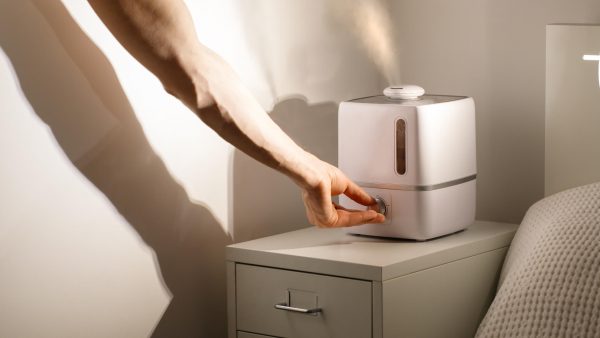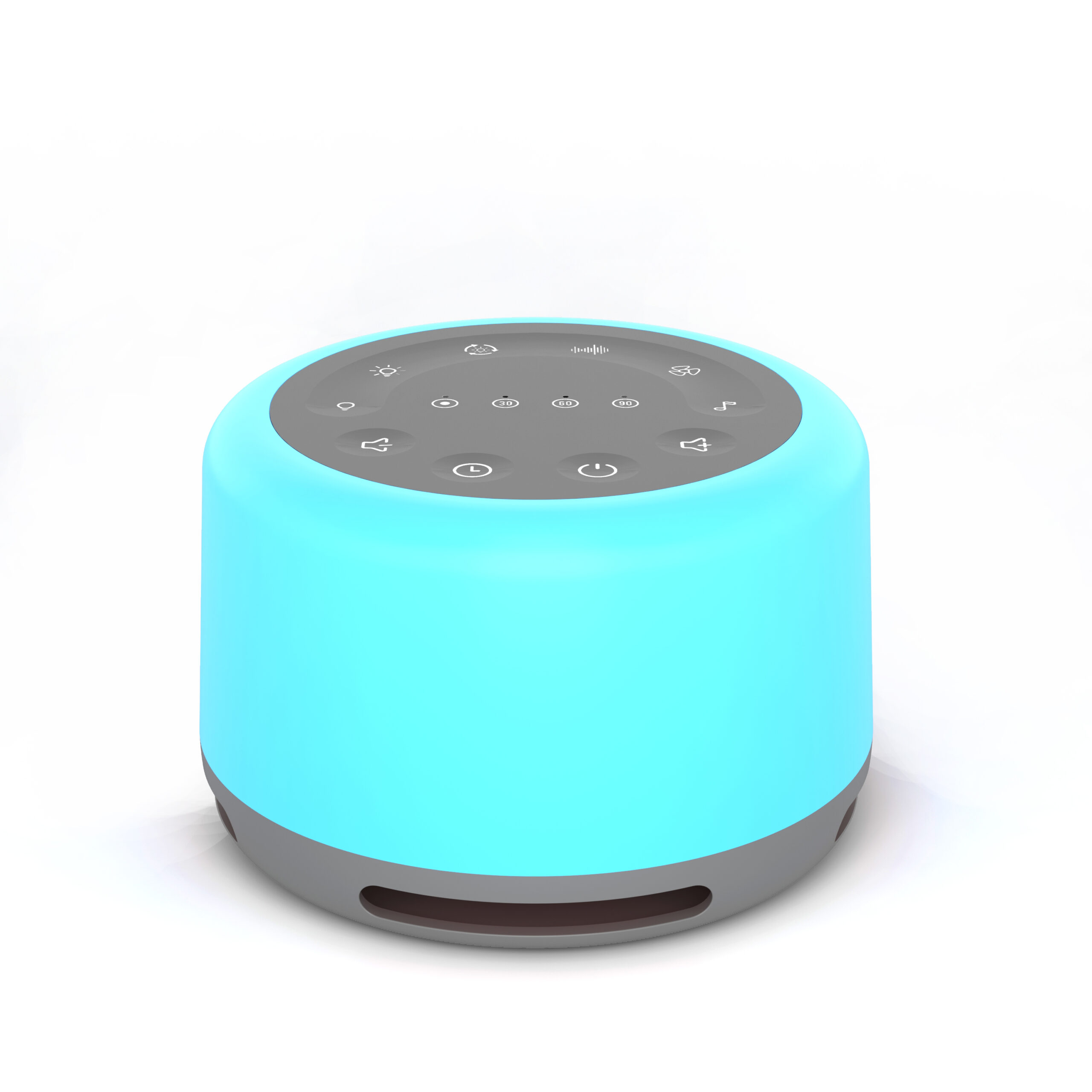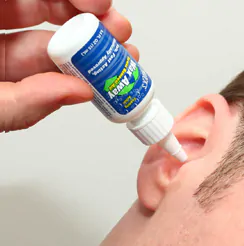Blog
Nurturing Your Body and Mind with Healthy Sleep Habits
- Daniel Hastings
Table of Contents
The significance of quality sleep in our lives cannot be overlooked. It is not just about the rest, but it ensures that your body and mind are in good condition. It is not incorrect to say that it gives your body a chance ‘to recharge’ and maintain wellness. Lack of sleep or less than seven hours a night will lead to health and safety concerns. Thus, healthy sleeping habits are really crucial to ensure that you get the right amount of sleep every night.
It is like ensuring you get healthy food and exercise, and sleep is just as important. Sleep needs vary slightly for each individual, but people usually need 7 to 9 hours of sleep every day. We are going to explore some simple and efficient strategies. This will ensure you receive the healthy sleep you need, adding more tranquility to your everyday life.
What Is Healthy Sleep?
Healthy sleep is a stable and restoring pattern of adequate duration, quality as well as regularity. It encompasses the right amount of uninterrupted sleep, consistency in a 24-hour waking and sleeping cycle, and normalization of deep sleep stages.
Healthy sleep leads to good physical health, mental functioning, and psychoemotional stability. Achieving good sleep leads to the enhancement of individuals’ emotional mood, improved mental capability, and decreased disorders.
Signs You May Need a Sleep CheckUp
Following are the signs that indicate the need for a sleep checkup is crucial for your health maintenance. If you experience any of the following symptoms consistently, you need to have your sleep checkup.
- Persistent Fatigue
- Difficulty Falling or Staying Asleep
- Excessive Daytime Sleepiness
- Loud Snoring
- Witnessed Pauses in Breathing
- Frequent Waking Up Gasping or Choking
- Restless Legs or Periodic Limb Movements
- Morning Headaches
- Difficulty Concentrating or Memory Issues
- Frequent Night Sweats
- Unexplained Weight Gain or Difficulty Losing Weight
- Frequent Trips to the Bathroom at Night
15 Healthy Habits to Get a Good Night’s Sleep
Getting a good night’s sleep is crucial for overall health and productivity. Poor sleep leads to a range of health issues, including increased stress, weakened immune function, and impaired cognitive abilities.
To promote better sleep, consider the following healthy sleeping habits:
1. Establish a Uniform Sleep Schedule

Having a regular sleep and wake cycle by going to bed and waking up at the same time every day, even on weekends, will regulate your body’s internal clock. This also promotes better sleep quality.
2. Create a Relaxing Bedtime Routine
Engage in calming activities before bedtime to signal to your body that it is time to wind down. This could include reading a book, taking a warm bath, or practicing relaxation techniques like deep breathing.
3. Optimize Your Sleep Environment
Ensure your bedroom is conducive to sleep by keeping it dark, quiet, and cool. Invest in a comfortable mattress and pillows that support proper spinal alignment. Consider using blackout curtains and white noise machines if needed.
4. Limit Exposure to Screens Before Bed
The light emitted by electronic devices can intrude into the production of the sleep hormone. So, you need to turn off electronic devices at least an hour before bedtime to promote better sleep.
5. Watch Your Diet
You should avoid consuming caffeine and nicotine close to bedtime, as they are stimulants that can disturb your sleep. Limit heavy meals and alcohol intake, as they nose into the quality of your sleep.
6. Get Regular Exercise
Daily physical activity is very important to promote better sleep. You need to perform at least 30 minutes of moderate exercise most days of the week but try to complete your workout at least a few hours before bedtime.
7. Manage Stress
Practice stress-reducing techniques such as meditation, mindfulness, or yoga to help relax your mind and body. Chronic stress can mess with sleep, so finding healthy ways to cope is essential.
8. Be Mindful of Napping
While short naps can be beneficial, avoid napping for too long or too late in the day, as this can disrupt your nighttime sleep. If you want to nap, try for a duration of 20-30 minutes.
9. Limit Fluid Intake Before Bed
To avoid waking up in the middle of the night to use the bathroom, reduce your fluid intake in the evening. Hydrate adequately throughout the day, but taper off in the hours leading up to bedtime.
10. Consider Light Exposure
Expose yourself to natural sunlight during the day, especially in the morning. This helps regulate your circadian rhythm and reinforces your body’s natural sleep-wake cycle.
11. Manage Your Bedroom Clock
Avoid constantly checking the clock, as it can create anxiety about the time and contribute to sleep disturbances. Turn the clock away from view if this becomes a habit.
12. Address Sleep Disorders
If you are struggling with sleep, it may be worth consulting a healthcare professional to rule out any underlying sleep disorders such as insomnia or sleep apnea.
13. Invest in Comfortable Sleepwear
Wearing comfortable sleepwear can contribute to a more restful night. Choose breathable fabrics and clothing that allow for freedom of movement.
14. Stay Compatible on Weekends
While it can be tempting to sleep in on weekends, maintaining a sustained sleep schedule throughout the week, including weekends, helps regulate your body’s internal clock.
15. Consider the Use of Sleep Products

Try sleep-enhancing products, such as quality pillows, mattress toppers, or sleep-inducing scents like lavender. These products can provide more comfort and support to enhance your sleep environment. Choose products that align with your personal preferences and needs for effective sleep.
FAQs
Will Blue Light From Your Phone Disrupt Your Sleep?
Exposure to blue light from phones and other electronic devices can interfere with the production of melatonin. Melatonin, a sleep hormone, disrupts your circadian rhythm and makes it harder to fall asleep.
What is the Best Temperature for a Good Night’s Sleep?
The ideal temperature for a good night’s sleep is generally between 60-67 degrees Fahrenheit (15-19 degrees Celsius). Cooler temperatures help facilitate the body’s natural cooling process during sleep, promoting better sleep quality.
What is The 10 3 2 1 0 Rule For Sleep?
The 10-3-2-1-0 rule is a sleep hygiene guideline that means 10 hours before bed, avoid caffeine, 3 hours before bed, avoid large meals and alcohol, 2 hours before bed, minimize screen time, 1 hour before bed, engage in calming activities, 0, work for zero interruptions in a dark and quiet sleep environment. Following this rule can improve sleep hygiene and promote better sleep.
Conclusion
By incorporating the above healthy sleeping habits into our daily lives, we can safeguard our vision, reduce eye strain, and promote long-term ocular health. Remember, small adjustments to our routines can yield significant benefits, allowing us to enjoy the wonders of the digital era while maintaining the health and vitality of our precious eyes.
Let’s carry forward this newfound awareness, encouraging ourselves and those around us to prioritize our eyes’ health.












